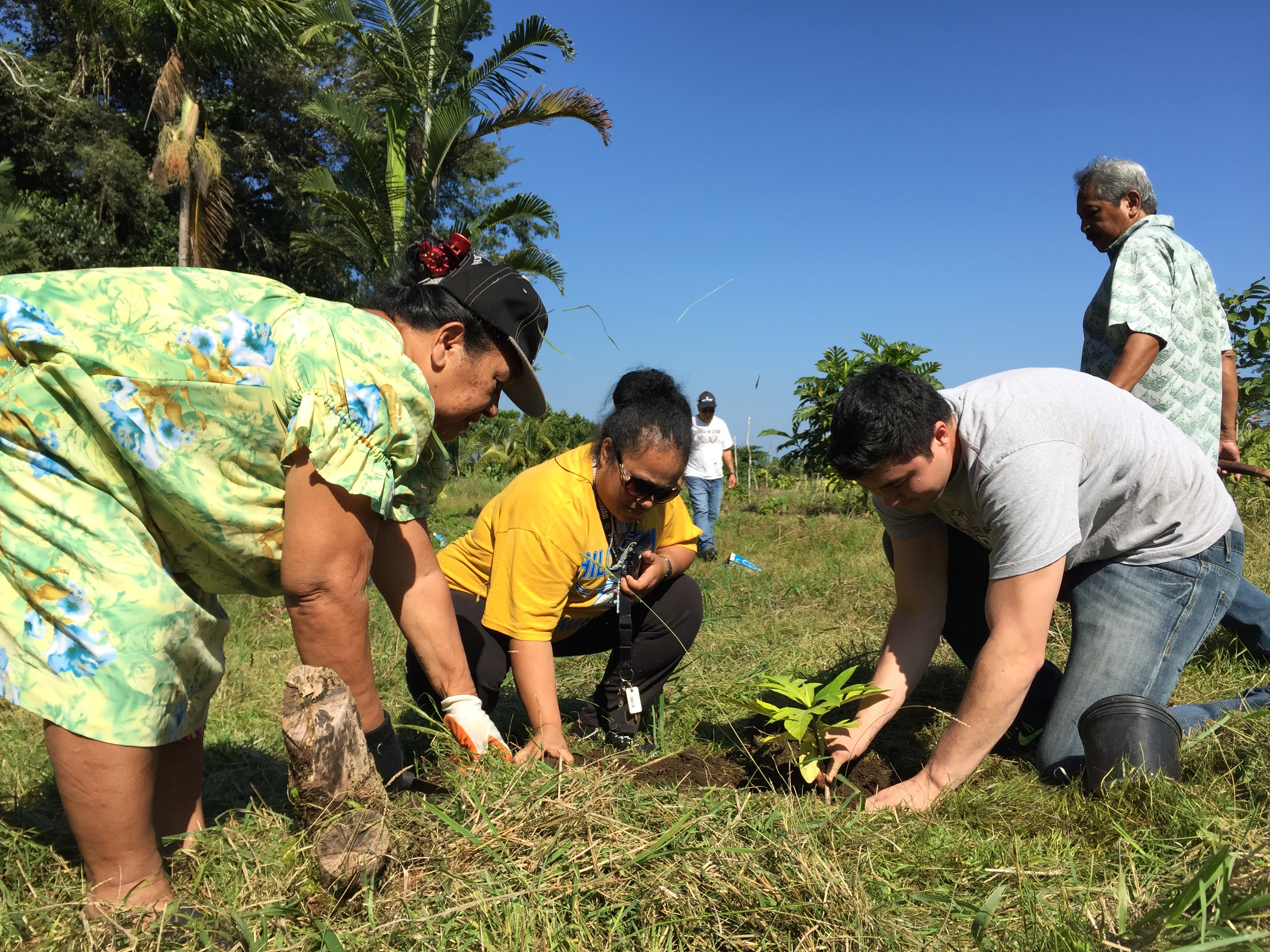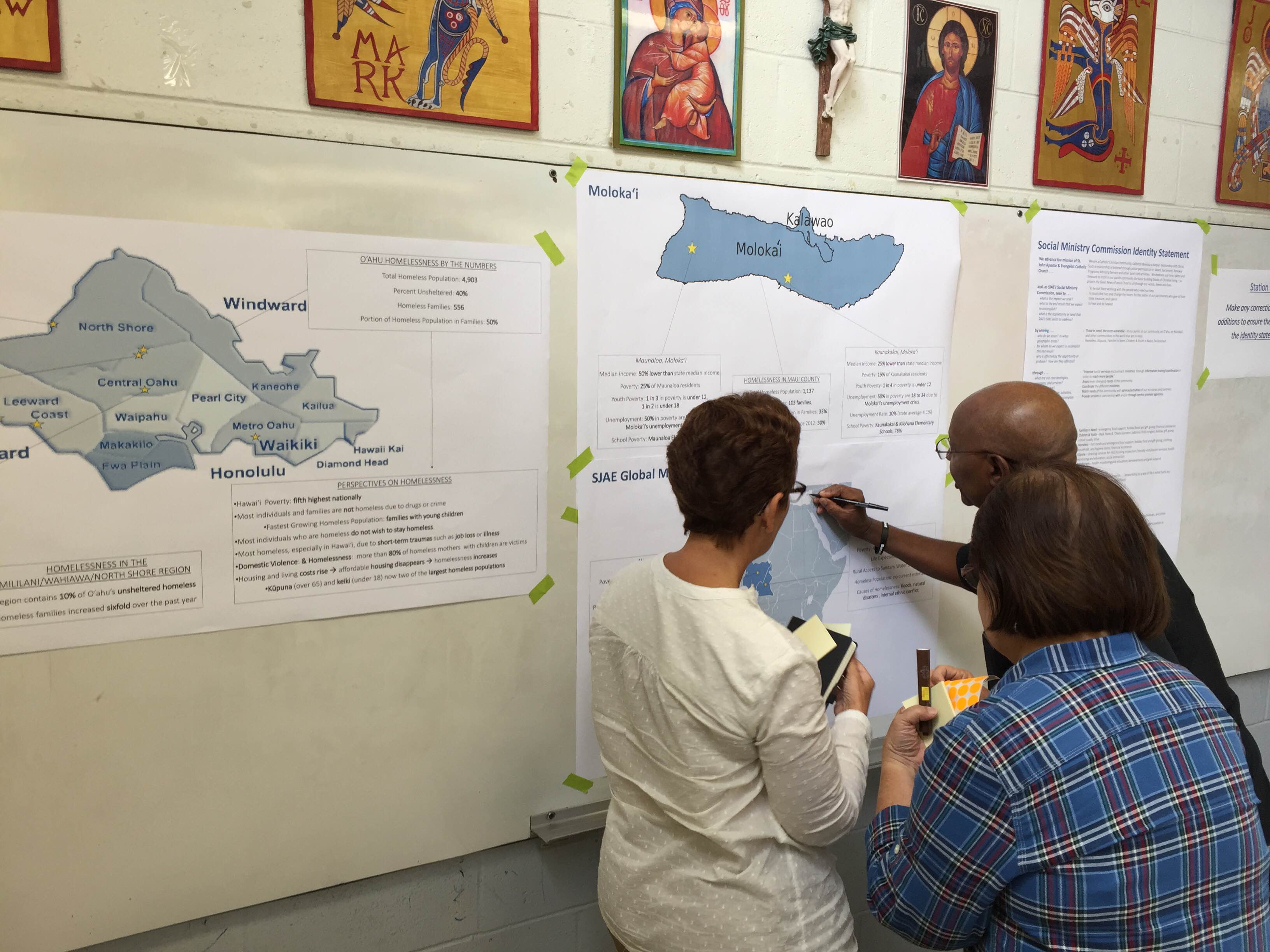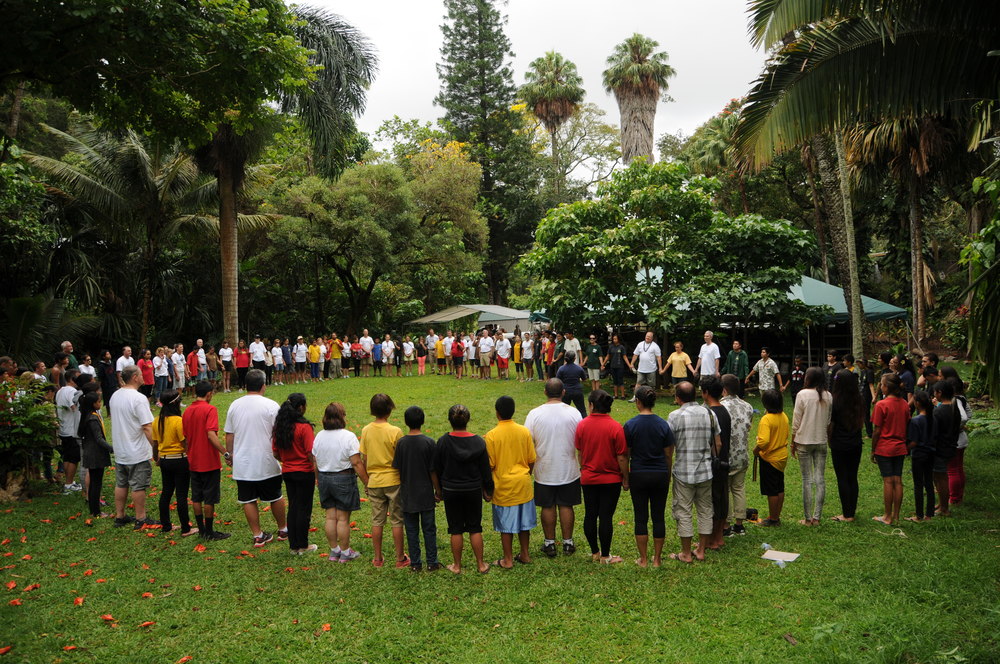Community-Based Economic Development
COMMUNITY VOICE.
COLLECTIVE ACTION.
How We Work Our ʻOhana Our Roots HACBED is a nonprofit intermediary that works to build the capacity of families and communities so that they have choice and control to achieve social, economic, and environmental justice. For more than 30 years, HACBED's core competencies have been holding spaces for tough conversation, collecting stories and data, and disseminating that information. HACBED begins with active listening to build relationships and break down barriers to create networks and partnerships to support partners to bring about systemic change. Above all, HACBED serves this place called Hawaiʻi, as well as those who choose to be of this place and work to make it their home.
Mission
HACBED strives to achieve economic, social, and environmental justice in Hawaiʻi through community-based economic development.
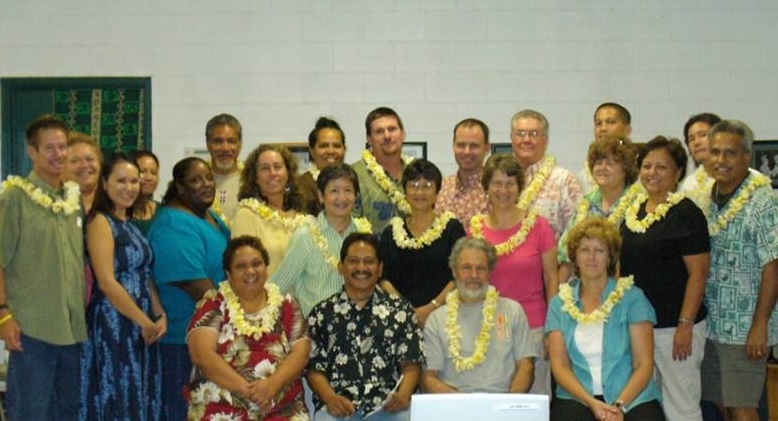
HACBED started with the underlying belief that people "know" and "can" and was guided by informed and skilled listening that strengthens community voice and promotes collective action. HACBED initially focused on assisting community-based economic institutions and organizations that provide direct economic benefits to individuals, families, and communities. These entities enhance community investments in order to help those communities build an economic structure that allows them to exercise greater choice and control over their own futures.
Where We AreThe current team at HACBED continues that legacy in the following areas based on initial guidance out of HACBED's 25th Anniversary, efforts to apply that guidance during the enormous and unexpected disruptions of the COVID-19 pandemic, and iterative guidance out of HACBED's 30th Anniversary: Intergenerational Knowledge Evolution, ʻĀina & Food Justice, and Community Driven Institutional Change.
How We Work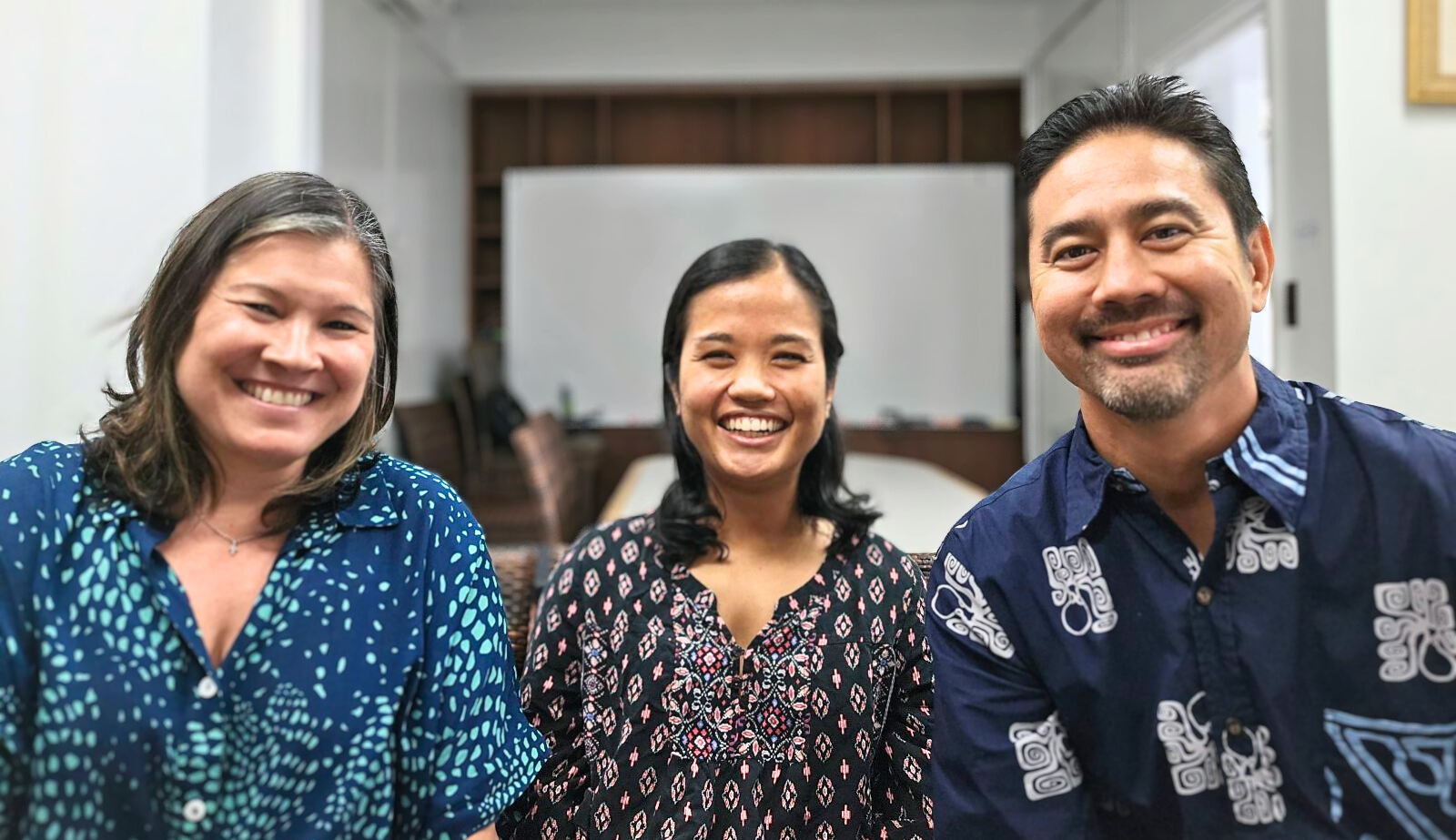
As we begin to experience a large generational transition, we are humbled at those activists who came before us as well as excited by the next generation of leaders, who are connected to this place and culture; as well as trained in the current system to take the work forward. Subsequently, there appears to be a continuing need to support our place-based institutions to remain connected to this place and the beings that call this place home, despite the myriad of external pressures and factors, and a continuing desire to rethink work and economic development, particularly given experiences out of the COVID-19 pandemic.
Where We Want to GoOur team recognizes the need to keep our work centered around ʻāina & approaches modeled by kanaka maoli as we support the people in entities across our pae ʻāina in processes that mutually benefit new and kupuna leaders as well as strengthen community relationship building efforts by institutions so that the individuals who are open to leading these processes are mindful of their institution's history and contributions to the current context. We see particular opportunities to rethink the relationship of our communities with tourism in a way that centers ʻāina and our personal identities as tied to work via a four day thirty-two hour work week.
Our 'OhanaCurrent and Recent Support
HACBED provides ongoing support to communities and organizations across Hawaiʻi through our three core service areas. Each area represents our commitment to empowering communities and fostering sustainable economic development.
-
-
Strategic & Community-Based Planning
Hawaiʻi Island Draft General Plan 2045 and Community Development Plan Outreach Support -
Past Support
The HACBED team began a shift in its areas of focus given new team members and based on feedback that culminated in and out of its 25th Anniversary in 2017 and then iterated on in its 30th Anniversary in 2022.
Serving Hawaiʻi Communities for Over 30 Years
The Hawaiʻi Alliance for Community Based Economic Development (HACBED) is a 501(c)(3) not-for-profit organization, established in 1992, designed to encourage increased investment in community-based approaches to economic development. Since then, HACBED has supported community-based economic development by being a facilitator, a catalyst, a broker, and a producer of training, technical assistance, advocacy, education, as well as research & development (R&D) related products and services.
HACBED was our aloha response to being pushed around; getting beaten up; to oppression; to economic development; to not thinking we could do it on our own terms.
Aunty Puanani Burgess
